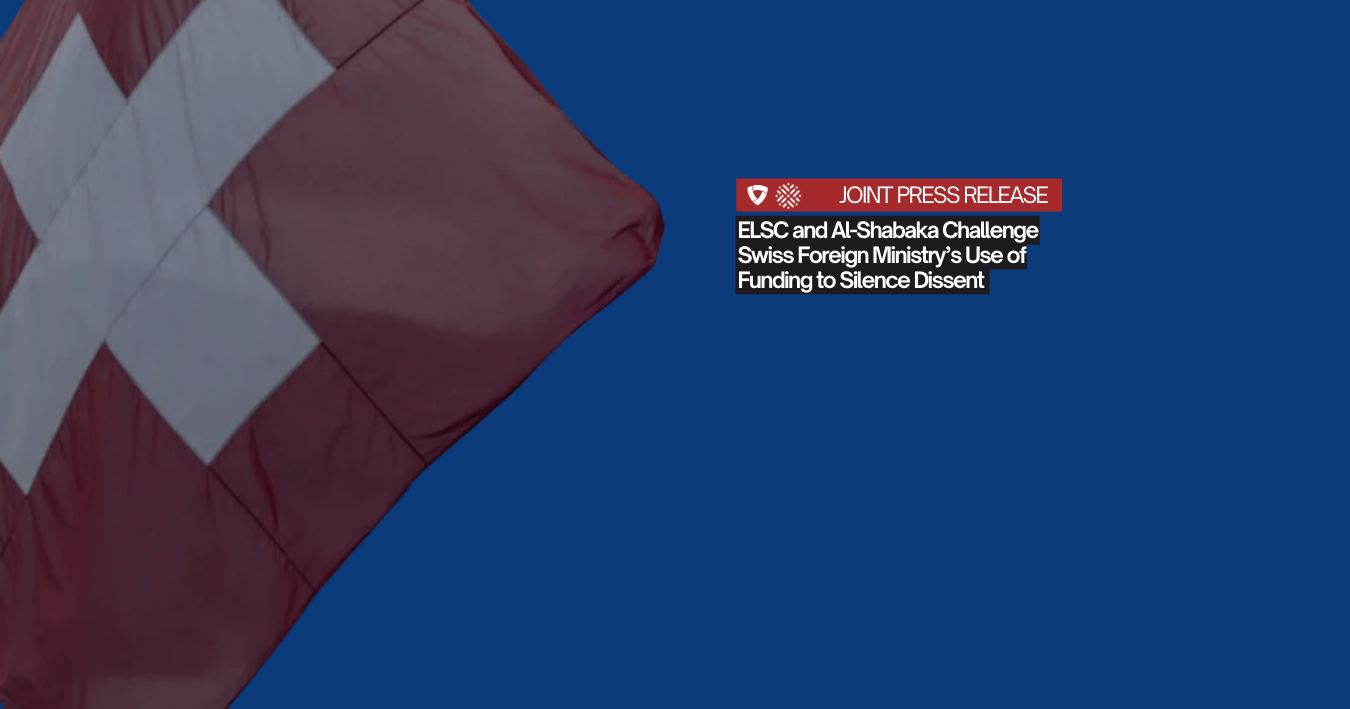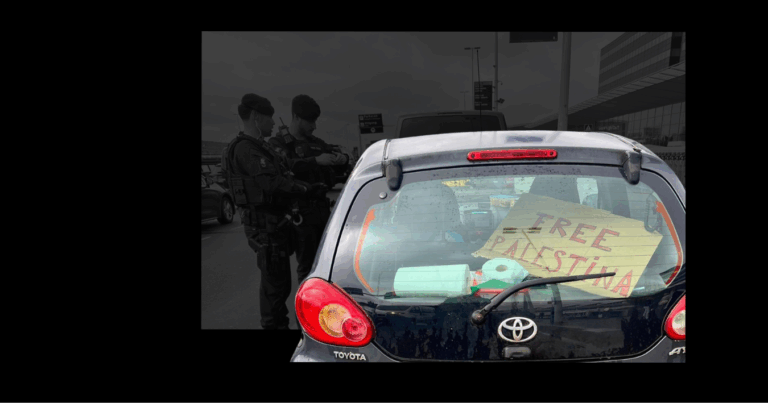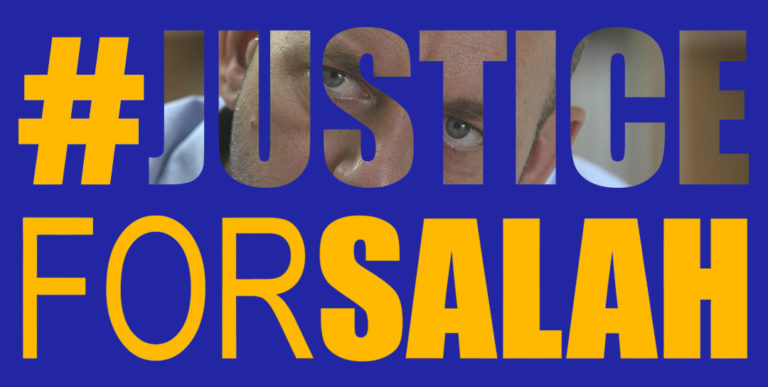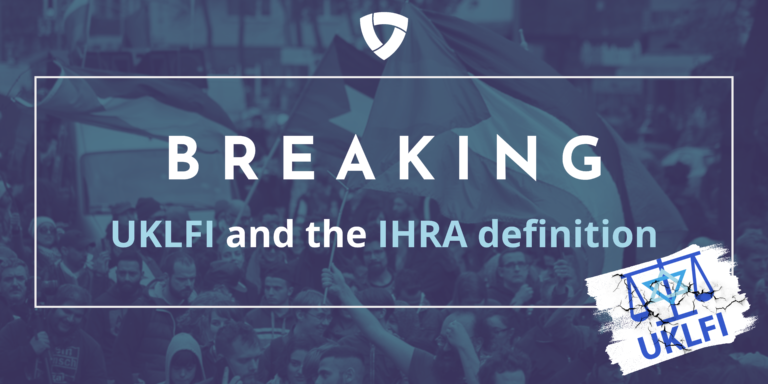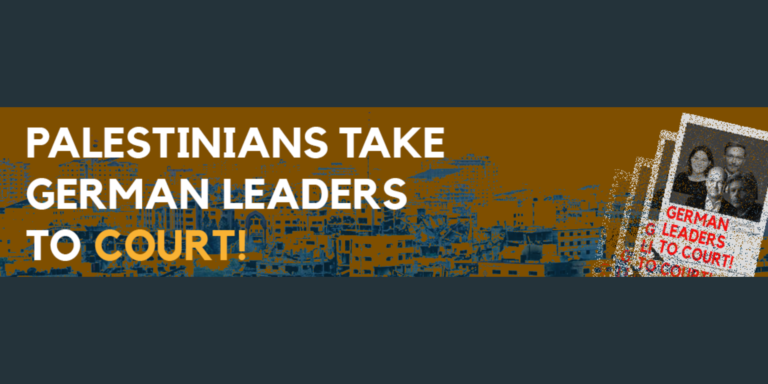ELSC and Al-Shabaka Challenge Swiss Foreign Ministry’s Use of Funding to Silence Dissent
Bern, 22 April 2025— Al-Shabaka: The Palestinian Policy Network (Al-Shabaka) and the European Legal Support Centre (ELSC) acknowledge the Swiss Federal Department of Foreign Affairs’ (FDFA) recent correction to its public communications regarding its 2023 investigation into Palestinian and Israeli civil society organizations. After more than 16 months of sustained advocacy and legal pressure, the FDFA has clarified that the Swiss government did not terminate its contract with Al-Shabaka due to its 2023 investigation. The FDFA has also amended its statements, removing Al-Shabaka from the list of organizations it previously claimed had their contracts terminated.
“While we welcome the corrections, they fall short of real accountability,” said Megan Driscoll, Co-Director of Al-Shabaka. “The FDFA has yet to issue a public apology or retract the false and damaging claims made by senior officials in various public fora. These uncorrected statements continue to misrepresent our work and expose both the organization and individual members of our team to serious reputational and political harm.”
Internal documents obtained by Al-Shabaka through its negotiation with the FDFA confirm that the investigation was based on highly problematic criteria. Among the stated reasons for considering contract terminations for the 11 organizations were their failure to explicitly condemn Hamas and their public references to war crimes and genocide committed by Israeli forces. Legal analysis shared within the FDFA suggested that simply accusing Switzerland or its allies of complicity in war crimes could be grounds for terminating contractual relationships with NGOs. More troubling, documents show the FDFA’s decisions were influenced by pro-Israel lobbying organizations, reflecting growing political pressure that suppresses pro-Palestinian advocacy under the guise of neutrality.
Agnese Valenti, Senior Legal Officer at the European Legal Support Centre, said: “What we’re seeing here is part of a much wider pattern—where political critique, especially from Palestinian civil society, is treated as misconduct. The implications of this case go beyond Al-Shabaka and beyond Palestine. They raise serious questions about donor governments’ use of funding as leverage to silence dissenting voices, particularly in contexts where colonial violence and structural oppression are being named and challenged. When financial support is conditioned on political compliance, it ceases to be support—it becomes coercion.”
Throughout this process, Al-Shabaka and ELSC have remained committed not only to clearing Al-Shabaka’s name but also to defending the right of all Palestinian organizations to engage in critical, independent political analysis. We stand firmly alongside them, in full solidarity, as they continue to carry out vital human rights work under increasingly hostile conditions.
For more details on Al-Shabaka’s position, please refer to their full statement here.

